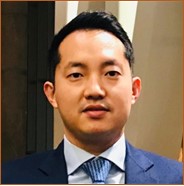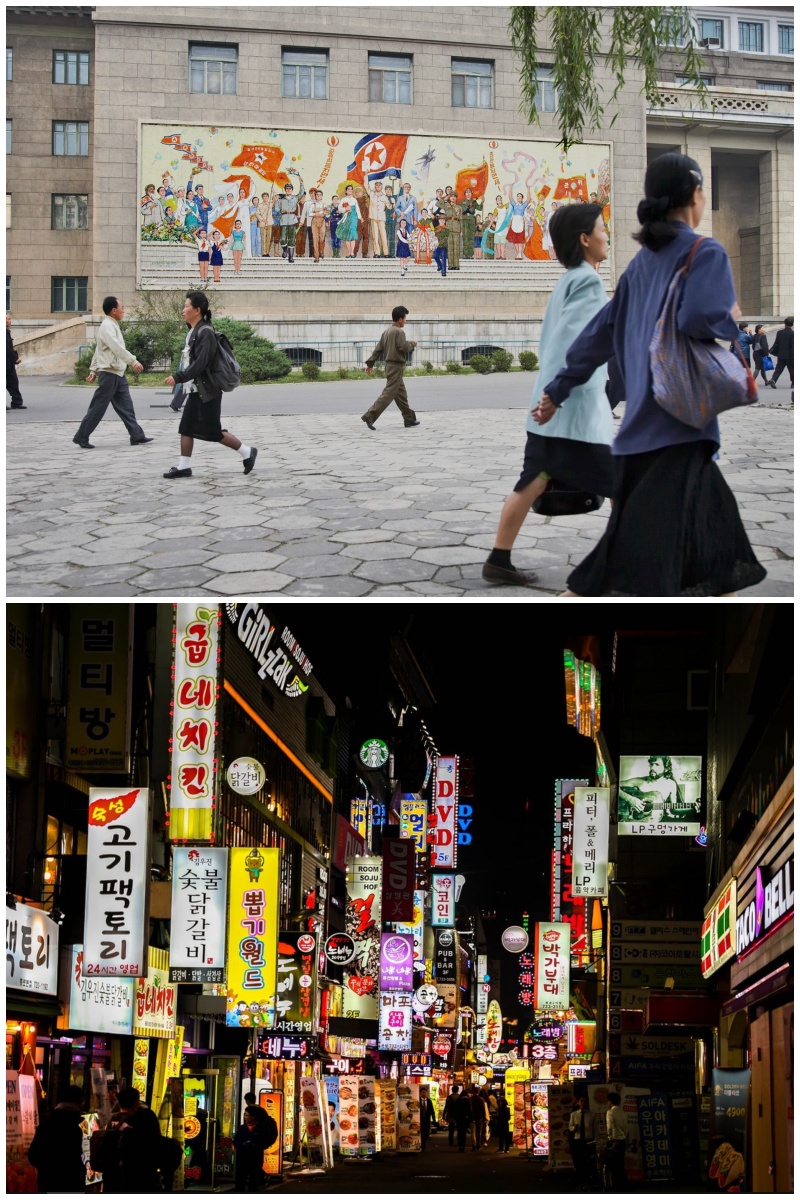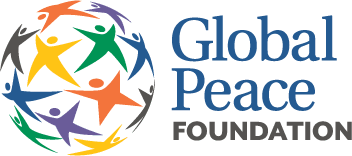North Korean defector Hyun Sung Lee has been a frequent participant in recent convenings of GPF’s International Forum on One Korea, bringing vital insights about the importance of human rights when discussing reunification and the future of the Korean peninsula.
In April 2021, Mr. Lee joined an online panel of seven North Korean defectors, hosted by the Belfer Center for Science and International Affairs and the Carr Center for Human Rights Policy at Harvard’s Kennedy School. The forum topic, “Innovating Our Approach to Human Rights in North Korea: Investing in the Freedom and Empowerment of the North Korean People,” asked how civil society and the global community could improve the rights of North Korean people in both the short term and the long term.
Panelists shared powerful statements about bringing freedom to North Koreans based on their own experiences, with Lee explaining the importance of sharing outside information with North Koreans.

Hyun Sung Lee.
Lee compared North Korea to a huge prison, where millions are killed and have their human rights violated. He explained that most North Koreans are not aware that their human rights are suppressed. Even the people committing these acts against humanity are not aware that they are human rights violations. “Providing information to North Korea is the key to opening the door to the huge prison, because knowledge is power,” Lee said.
He also explained that giving information to North Koreans contributed toward Korean reunification. Many people talk about peaceful reunification without understanding how North Koreans see the situation. People in North Korea have been educated for the last 70 years that reunification should happen “by force.” Lee said that they need to be informed about the option of peaceful reunification as a better means than war.

North Korea (top) and South Korea. North Koreans consume foreign entertainment despite the risks.
Providing North Koreans with independent information was critical also because it would protect the USA and South Korea from attacks from North Korea, Lee explained. North Koreans believe they can prevail over the USA and South Korea with their nuclear weapons, so providing North Koreans with objective information will protect other nations from war with North Korea.
During the forum, the audience questioned Mr. Lee on how North Korea prevents its citizens from learning about the rest of the world. He recalled that in the early 2000s, over 200 students from the top universities in North Korea were detained for watching South Korean and American movies. They were held until they called out the names of the friends who shared the content with them. Three of his high school classmates were forced to do six months of manual labor.
However, North Koreans continue to consume foreign content despite these risks. The younger generation seeks entertainment and cultural content, while the older generation desires to understand how other countries view North Korea.
“Almost all North Koreans have seen foreign content at least once,” Lee explained. “When I had private conversations with my college colleagues, schoolmates, and coworkers, there was no one who didn’t see foreign movies. And there was no one who saw them only once.” He noted that the most important content he saw while growing up were Hollywood movies and American music videos. Later on, Korean entertainment became accessible in North Korea.
“Providing information to North Korea is the key to opening the door to the huge prison, because knowledge is power.”
He gave an example of how watching foreign content changed their views. When he saw his friend watching a South Korean drama at his home, Lee questioned why his friend would risk watching a South Korean drama. His friend responded: “Why do North Koreans live poorer than South Koreans? And why is it that the socialist country, China, developed so much, but not North Korea.” Lee found that he did not have an answer and reconsidered how he viewed the world.
“We should send educational information to North Koreans that can lead them to find answers on their own,” Lee said. “In other words, information that would allow people to compare their country to other societies.”
See the forum in its entirety from the link below.
